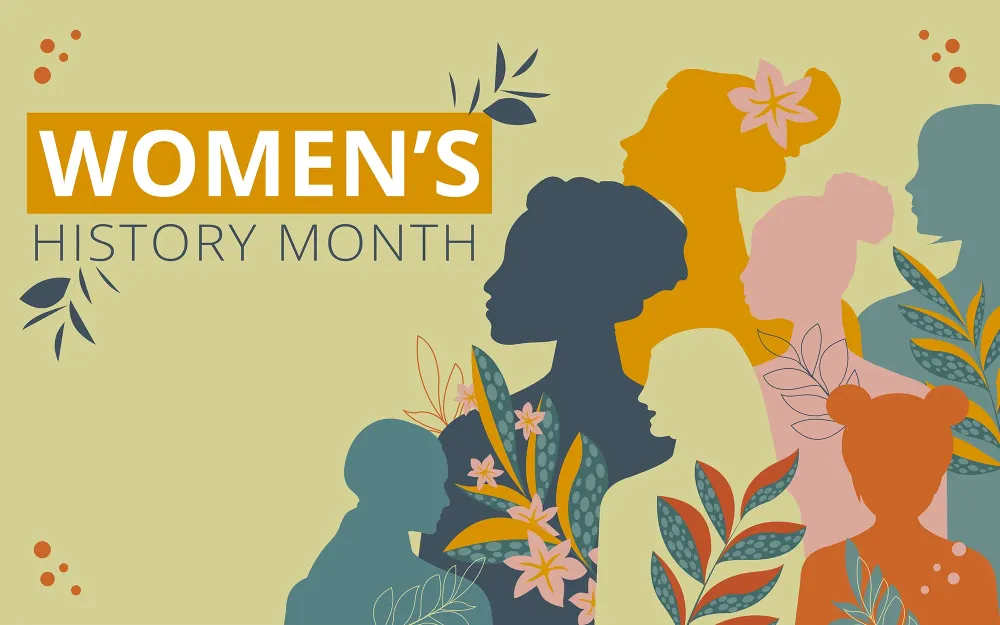Women have played pivotal roles in the advancement of oncology, contributing significantly to research, treatment, and patient care. From the laboratory to the clinic, their impact is undeniable, yet often overlooked. This blog post delves into the rich history of women in oncology, highlighting their groundbreaking achievements and ongoing influence in the field.
Dr. Jane Cooke Wright (1919-2013)
One of the earliest pioneers, Dr. Jane Cooke Wright, made significant contributions to chemotherapy. In the 1950s, she developed innovative methods to test the effects of drugs on cancer cells using human tissue culture rather than laboratory mice. Her work laid the foundation for personalized cancer treatment. Dr. Wright's career was marked by numerous accolades, including her role as the associate dean at New York Medical College, where she was the highest-ranking African American woman in a U.S. medical school at the time.
Dr. Rosalie B. Hite (1909-1971)
Dr. Hite was instrumental in the development of radioisotope therapy. She was one of the first researchers to use radioactive isotopes to diagnose and treat cancer, which has become a standard practice in oncology. Her work at the MD Anderson Cancer Center in Houston set the stage for modern cancer therapies that utilize radiation.
Dr. Mary-Claire King
Dr. Mary-Claire King revolutionized our understanding of breast cancer genetics. In 1990, she identified the BRCA1 gene mutation, which is responsible for hereditary breast and ovarian cancers. Her discovery has led to the development of genetic testing, allowing women to understand their risk better and take preventive measures. Dr. King continues to be a vocal advocate for genetic screening and women's health globally.
Dr. Elizabeth M. Jaffee
A leader in immunotherapy, Dr. Elizabeth Jaffee has been at the forefront of developing vaccines and immune-based treatments for cancer. Her research focuses on pancreatic cancer, one of the most challenging types to treat. As a professor at Johns Hopkins University, Dr. Jaffee has mentored countless women in oncology, ensuring the next generation is well-equipped to continue the fight against cancer.
Current Landscape and Future Directions
Today, women continue to break barriers in oncology, leading research in emerging fields such as precision medicine and targeted therapies. Organizations like the American Association for Cancer Research (AACR) and Women in Cancer Research (WICR) have been pivotal in supporting and recognizing the contributions of women in the field.
The presence of women in leadership roles within oncology is growing, yet challenges remain. Gender disparities in research funding and academic recognition persist, underscoring the need for continued advocacy and support for women in science.
The history of women in oncology is rich with stories of innovation, resilience, and advocacy. Their contributions have not only advanced the field of cancer research and treatment but have also paved the way for future generations of women scientists. As we celebrate their achievements, we must also commit to fostering an inclusive environment that encourages and supports women in oncology.
Women have always been at the heart of oncology's evolution, and their stories deserve to be celebrated and shared widely. Let us honor these pioneers by continuing to support the incredible work they do every day.
Thank you to all of our women in oncology!
References
1. American Association for Cancer Research. (n.d.). [Women in Cancer Research](https://www.aacr.org/professionals/membership/constituency-groups/women-in-cancer-research/).
2. National Library of Medicine. (n.d.). [Jane Cooke Wright (1919-2013): Pioneering oncologist, woman and humanitarian]( https://pubmed.ncbi.nlm.nih.gov/24585629/).
3. King, M.-C., Marks, J. H., & Mandell, J. B. (2003). Breast and ovarian cancer risks due to inherited mutations in BRCA1 and BRCA2. *Science*, 302(5645), 643-646.( https://pubmed.ncbi.nlm.nih.gov/14576434/)
4. Johns Hopkins Medicine. (n.d.). [Elizabeth M. Jaffee, M.D.](https://profiles.hopkinsmedicine.org/provider/elizabeth-jaffee/2985750).




